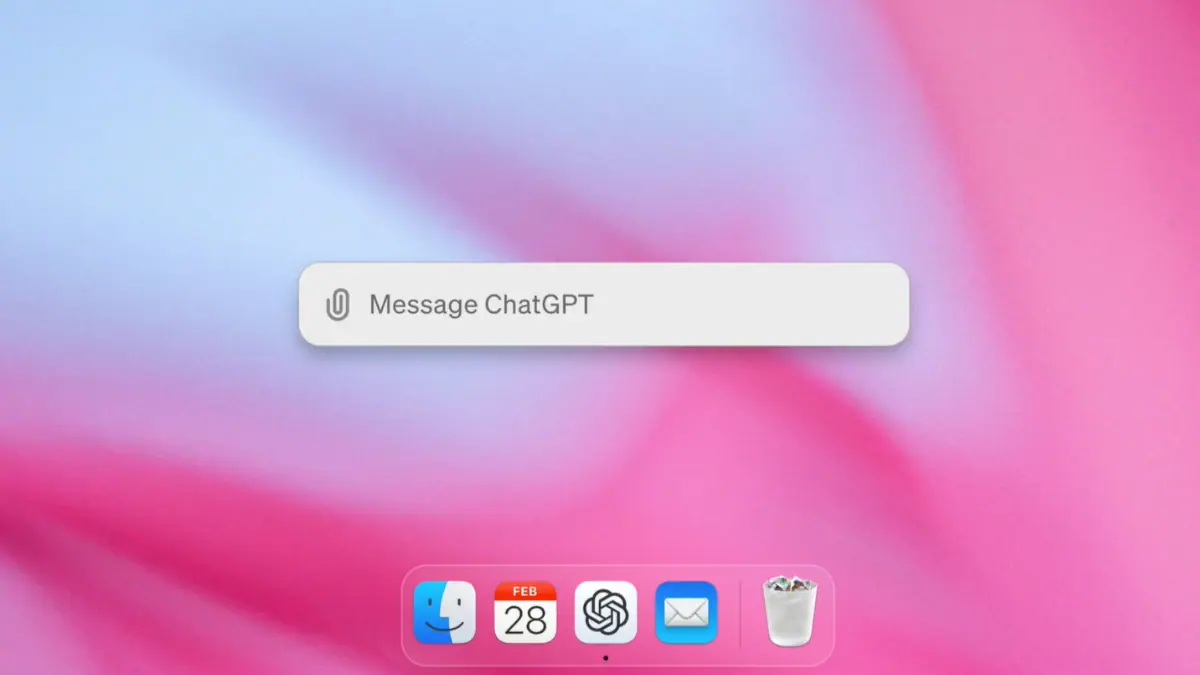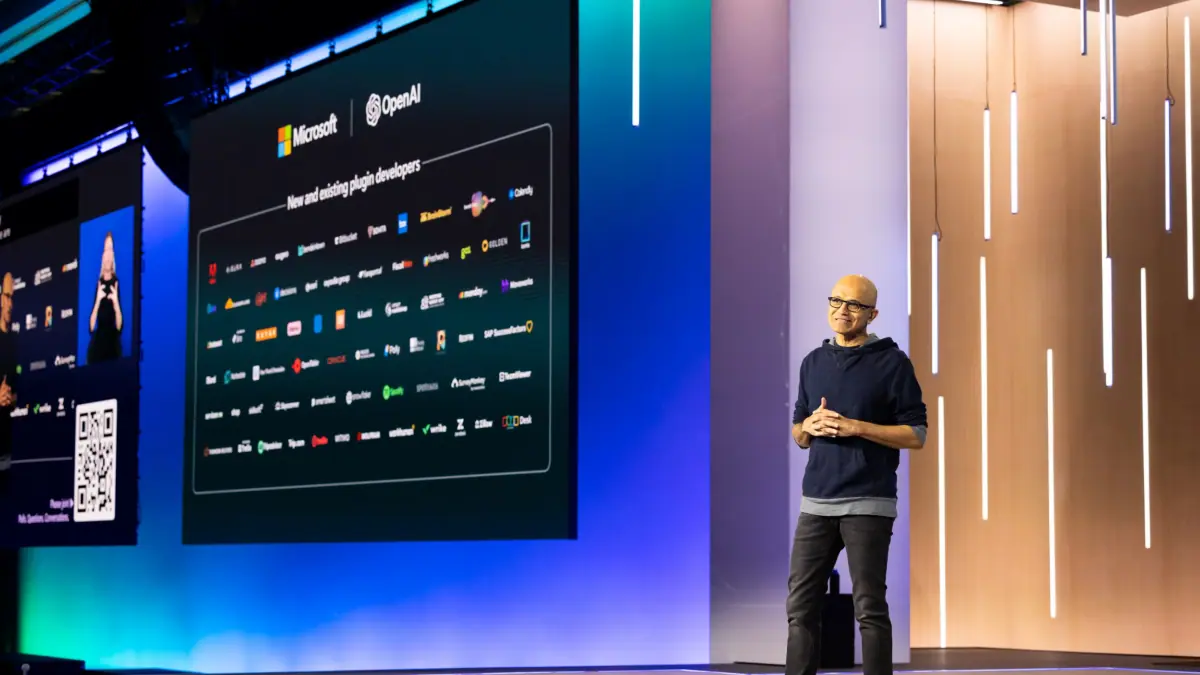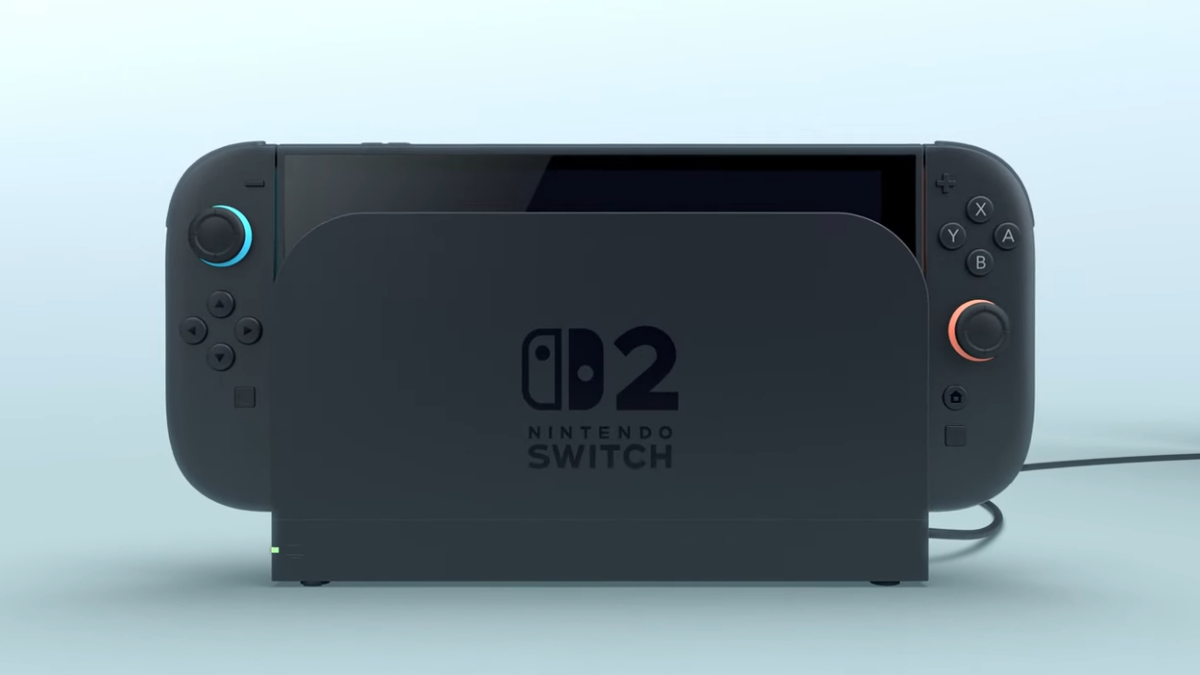Google has their Internet Explorer moment in Russia as court forces it to open up Android
2 min. read
Published on
Read our disclosure page to find out how can you help MSPoweruser sustain the editorial team Read more

With the retrenchment of Windows Phone some corners have been urging Microsoft to release an Android handset, but of course such a move will never happen while Microsoft is forced to place the services of their biggest rival front and center on their device, or miss out on access to the Google Play Store and the millions of apps it contains.
This is due to Google’s Android Licensing Agreements, which force OEMs to take all or none of Google’s services to get access to the very important Google Play Store. Such bundling is of course why Microsoft got in trouble with USA and EU anti-trust regulators in the early 2000’s.
Now with Android officially the biggest operating system in the world it seems Google is finally receiving equivalent treatment.
The Russian competition authorities have just settled an anti-trust case brought by Russian search engine Yandex, with Alphabet, Google’s patent company, with the agreement specifying that Google should allow rival search engines to be shipped as default on Android phones by OEMs, and allow OEMs to pick and choose which of Google’s apps and services they include with a device, for example allowing OEMs to ship with Bing and Cortana in place Google Search and Google Assitant by default, while still keeping the Google Play Store.
Google will no longer demand exclusivity of its applications on Android-based devices in Russia and will not restrict the pre-installation of rival search engines and other applications, as part of a deal with FAS, the regulator said on Monday. Google was also fined 439 million roubles ($7.85 million).
While the deal only extends to Russia and is set to last only six years and nine months Alexander Shulgin, head of Yandex Russian operations, said he hoped the agreement will have implications for similar cases in Europe and elsewhere. It may set a precedent, with Google facing similar complaints in the EU.
If Google loosens its licensing agreement restrictions worldwide, it would allow Microsoft to make better deals with OEMs such as Samsung to promote their services to end users, and would also open the doors for Microsoft to release their own Android handset mostly sans Google. Hopefully, this anti-trust case is just the first pin to fall in the battle to neuter Google’s mobile and web dominance.









User forum
0 messages